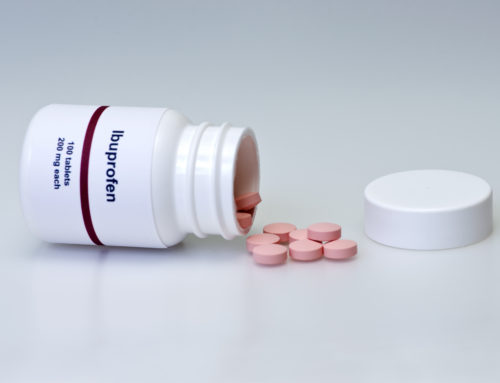The use of a urine test for drug adherence can lead to a drop in blood pressure in patients who had been struggling to regularly take their blood pressure lowering tablets, according to a new study involving UCL researchers, published in Hypertension.
Of the 238 patients who underwent the urine test, 73 were not taking their blood pressure lowering tablets on a regular basis.
‘Our study shows the therapeutic benefits of biochemical screening for non-adherence to antihypertensive treatment,’ explained senior author, Professor Maciej Tomaszewski (University of Manchester).
‘The urine test creates an opportunity for patients and their doctors to discuss the barriers to regular taking of blood pressure lowering medications. The doctors can then act on these barriers and provide the support the patients need to adhere to the treatment regimes.’
The project involved researchers from the University of Manchester, the University of Leicester, UCL and Charles University, Prague, with collaborators from Central Manchester University Hospitals NHS Foundation Trust and University Hospitals of Leicester NHS Trust.
The data is consistent with previous research by the team which revealed more than one-third of people with high blood pressure have not been taking their blood pressure medication as prescribed.
The research team tracked blood pressure changes in the 73 patients who had struggled to take their tablets regularly following their appointment at which the discussion of their initial urine test took place.
The team noticed that systolic blood pressure fell on average by between 20 and 30 mmHg between the urine test and the final clinic visit.
The majority of patients who underwent the urine test became completely adherent to their prescribed blood pressure lowering treatment and a further 30 per cent of patients improved their adherence.
In terms of public health, such a significant drop in blood pressure may translate into an approximate 45 per cent reduction in risk of coronary heart disease and a 65 per cent reduction in the risk of stroke.
‘The blood pressure drop we see as a result of this test being used in clinical practice is likely to save lives. It is also likely to have an important impact on health economy if this test is used routinely,’ Professor Tomaszewski said.







